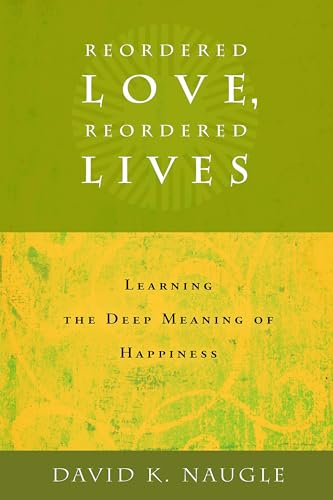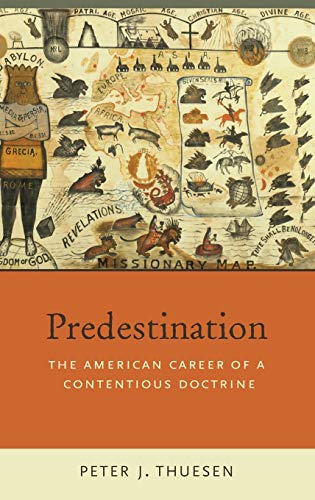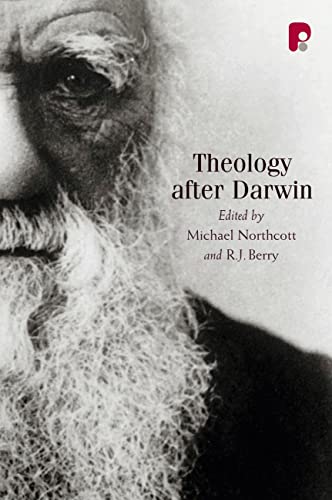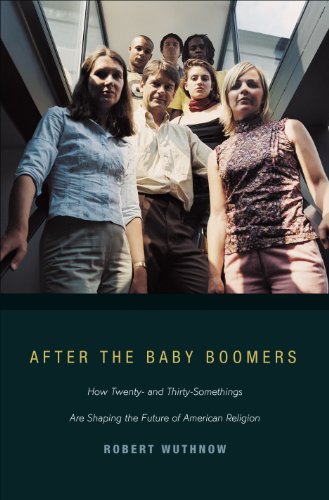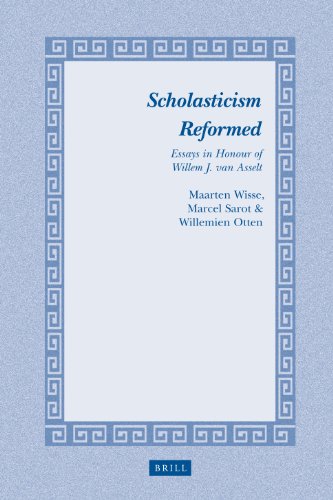Papal Infallibility: A Protestant Evaluation of an Ecumenical Issue
Written by Mark E. Powell Reviewed By Jeffrey C. WaddingtonMark Powell, associate professor of theology at the Harding University Graduate School of Religion in Memphis, TN, has provided an engaging study of the Roman Catholic doctrine of the Petrine office in his recent Papal Infallibility: A Protestant Evaluation of an Ecumenical Issue. What makes this book fascinating, beyond the fact that its topic is inherently interesting, is that Powell writes as a critically appreciative observer of the Roman Catholic Church. This book grows out of the author’s dissertation and work with William Abraham’s canonical theism project. The book comprises an introduction, a historical overview of the doctrine of papal infallibility, an examination of four Roman Catholic theologians on the subject, and a concluding chapter.
Powell’s interest in papal infallibility stems from the similarities he sees between this doctrine and the evangelical doctrine of biblical inerrancy. Neither doctrine succeeds, the author suggests, because they arose in an enlightenment context in which absolute epistemological certainty was sought in places it just could not be found (pp. 1–19). Indeed, the search for certitude itself may be misplaced.
Powell provides a helpful overview of the history of the doctrine of papal infallibility which received its definitional formulation at Vatican I (1869–70) in the document Pastor Aeternus (pp. 20–48). The author helpfully shows the influence of Pope Pius IX on the council and also the historical setting in which the church was responding to the age of revolution (i.e., especially the French Revolution of 1789) and the upheaval of much of European society and culture. It was an era of uncertainty. Related to the formulation of the definition of papal infallibility was the articulation of two other infallible doctrines: the immaculate conception and bodily assumption of the Virgin Mary (pp. 42–48).
As Powell notes, the doctrine of papal infallibility is not as clear-cut and straightforward as one might be led to expect. What is the extent of the infallibility? Is everything said by a pope infallible? Or is the doctrine more nuanced than that? While Vatican I (Pastor Aeternus) set the definition of the doctrine of papal infallibility, it also received further elaboration (one could say constraint) from the Second Vatican Council (begun on October 11, 1962) in the document Lumen Gentium. In Pastor Aeternus, the author notes nine delimitations on papal infallibility (pp. 35–38):
- The doctrine is not a new invention of the church.
- The pope speaks infallibly when he speaks ex cathedra (“from the chair”).
- Papal infallibility is connected to the office and not the person of the pope.
- Papal infallibility relates to “doctrine concerning faith and morals.”
- These are doctrines to be held by the whole church.
- The grace that the pope exercises comes through the divine assistance promised to the Apostle Peter.
- This infallibility falls within an infallibility promised to the church (often understood in terms of indefectibility).
- Papal pronouncements are infallible apart from church councils.
- Doctrines denned ex cathedra are irreformable.
These delimitations were given further explication at Vatican II as the author notes (pp. 38–42).
Powell then provides four chapters where he describes and evaluates the positions of four representative Roman Catholic theologians: Henry Edward Cardinal Manning (pp. 49–83), John Henry Cardinal Newman (pp. 84–122), Avery Cardinal Dulles (pp. 123–162) and finally Hans Küng (pp. 163–201). Manning reflects the maximal view of papal infallibility, Newman and Dulles present two forms of moderate infallibility and Küng represents the minimalist (actually, non-existent) papal infallibility position. All four theologians held, according to the author, to some form of epistemological foundationalism that played into their embrace or rejection of the doctrine.
Powell concludes with an assessment of the doctrine of papal infallibility. Not surprisingly, since he is a Protestant in the free church tradition, he rejects the doctrine. However, what makes this study interesting is that the author challenges the doctrine of papal infallibility not simply because it lacks biblical warrant, but because it stems from a poor epistemology: foundationalism. The author suggests that the office of pope should not seek to provide epistemological certainty but soteriological direction (pp. 202–13). As noted earlier Powell compares papal infallibility to biblical inerrancy, and he finds both wanting. The problem with this is that the author seems to assume that a concern with certainty arose with the Enlightenment. This is a typical viewpoint that one finds in postmodern assessments of theology. However, the concern with religious certainty predates the Enlightenment. At the very least we find a concern for certainty (under the name assurance) in the Reformation. Robert Cardinal Bellarmine, a brilliant counter-Reformation theologian once said that the most pernicious doctrine of the Protestant Reformation was personal assurance of salvation. One of the standard confessions of the Reformation, the Westminster Confession of Faith, devotes a whole chapter to the topic and refers to “certainty” (WCF 18.1–4). Of course, councils and assemblies can and do err. What does Scripture say about certainty? Is it arrogant to suggest that one can certainly know one is saved (just to consider one area where certainty plays a role)? This reviewer thinks there are far too many Scripture passages that provide a foundation for the idea that a Christian can be assured of his or her salvation (for instance, 1 John 2:3; 3:14; 5:13; Rom 5:2, 5, etc.). One cannot so easily separate soteriology from epistemology. Besides, Paul tells us to take every thought captive to Christ (2 Cor 10:5).
Papal infallibility is problematic, but that is because it lacks a proper biblical foundation. However, while this reviewer disagrees with the author about biblical inerrancy, the book is a valuable study of a doctrine perhaps otherwise unknown in its intricacies to evangelicals. The author is to be commended for providing us with a fair-minded treatment of papal infallibility.
Jeffrey C. Waddington
Jeffrey C. Waddington
Knox Orthodox Presbyterian Church
Lansdowne, Pennsylvania, USA
Other Articles in this Issue
Most of us, I suspect, develop fairly standard ways, one might even say repetitive ways, to appeal to the motivations of our hearers when we preach the gospel...
How to Write—and How Not to Write—A Review: An Appreciative Response to Reviews of Ancient Near Eastern Themes in Biblical Theology by Dempster and Edgar
by Jeffrey J. NiehausI want to thank Themelios for the unusual opportunity to interact with two reviewers of my book Ancient Near Eastern Themes in Biblical Theology...
Parallels, Real or Imagined? A Review Article of Jeffrey J. Niehaus, Ancient Near Eastern Themes in Biblical Theology
by William EdgarWhen I came to Westminster Theological Seminary in Philadelphia as a young student in the 1960s, two things struck me...
Why Evangelicals Should Ignore Brian McLaren: How the New Testament Requires Evangelicals to Render a Judgment on the Moral Status of Homosexuality
by Denny BurkIn 2006 on Christianity Today’s leadership blog, Pastor Brian McLaren urged evangelical leaders to find a “Pastoral Response” to their parishioners on the issue of homosexuality...
A Member of the Family or a Stranger? A Review Article of Jeffrey J. Niehaus, Ancient Near Eastern
by Stephen DempsterWe cannot overstate how important knowing the context is for understanding the significance of any communication, whether that is a simple word, sentence, paragraph, larger text, sign, photograph, or cultural cue...



